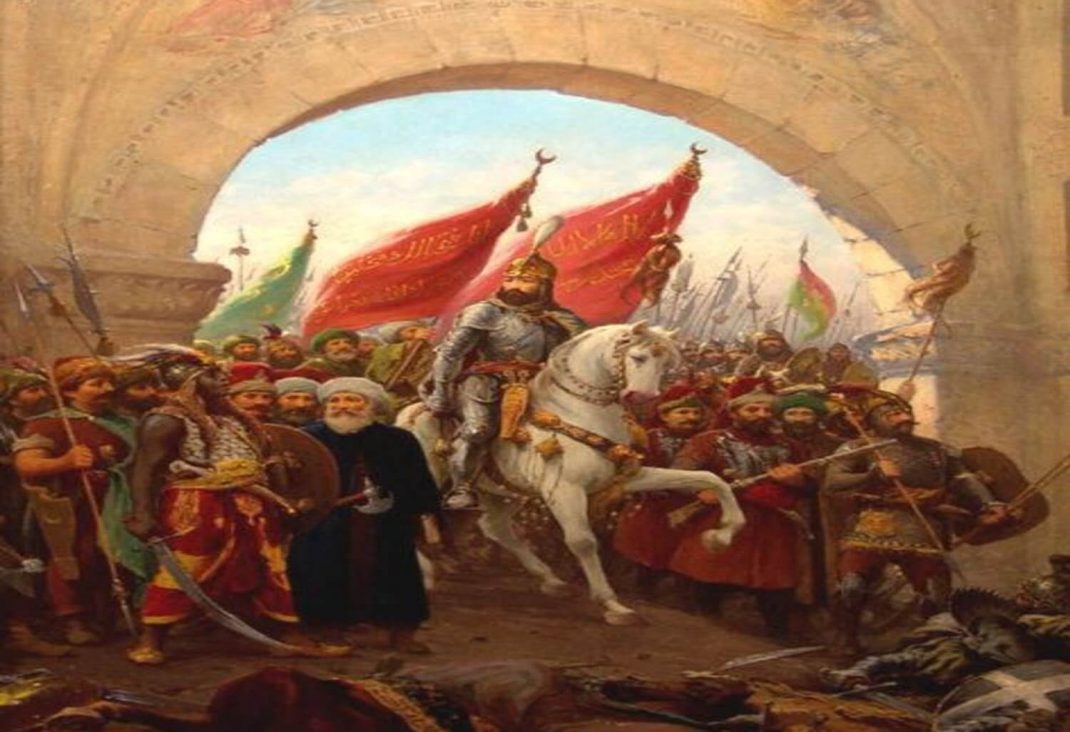Ottoman Empire: The Plot Thickens
During the 19th century, the Ottoman Empire was dubbed “the sick man of Europe.” European powers preferred that it remain a buffer state, helping to stabilize the balance of power established after Napoleon’s defeat in 1815. Russia seized as much as it could (Greece, Serbia, Wallacia, Georgia, and Danube ports) before pressure from the West precipitated a begrudging treaty in 1833. When Egypt seceded in 1838, the Ottomans were too weak to prevent it. Luckily for the Ottomans, England fought the Crimean War (1853-56) on their behalf, restoring some gloss at the price of civil unrest.
In addition to military support, European banks and financiers lent the Porte colossal sums of money for war, reforms, and new palaces (Dolmabahçe Palace, Beylerbeyi Palace). After spiraling further and further into debt the sultanate declared bankruptcy in 1875 and lost financial authority to the European controlled Ottoman Public Debt Administration. Seizing the moment, virtually every independence minded province sought to jump the sinking ship, including Greece, Serbia, Bulgaria, Armenia, Bosnia, Lebanon, and Crete.
This crisis inspired a group of bourgeois intellectuals to form a group known as the Young Ottomans (Yeni Osmanlılar), One of the most prominent members was Namık Kemal (Literature), a poet and young functionary convinced that the 19th century “reforms” were both a poor imitation of Europe and an insult to Turkish tradition. The Young Ottomans hoped to save what was left of the empire, and drafted a constitution for Sultan Abdülhamid II (1876-1909), only to have him suspend it two years later and assume autocratic rule. Abdülhamid reformed the financial system, shrewdly developed pan Turkic and Islamic alliances, and courted numerous European powers.
Despite Abdülhamid’s advances, dissatisfaction grew and the sultan’s forced recall of parliament came too late. Though the Young Turk Revolution of 1908 was put down, Mustafa Kemal and Şevket Paşa’s 1909 march on Istanbul earned a different reception. Parliamentary deputies met them outside Istanbul and agreed to depose Abdülhamid II in favor of Mehmet V.



Leave a Reply